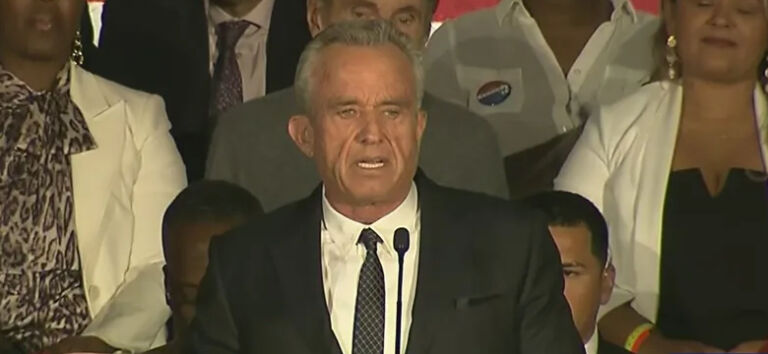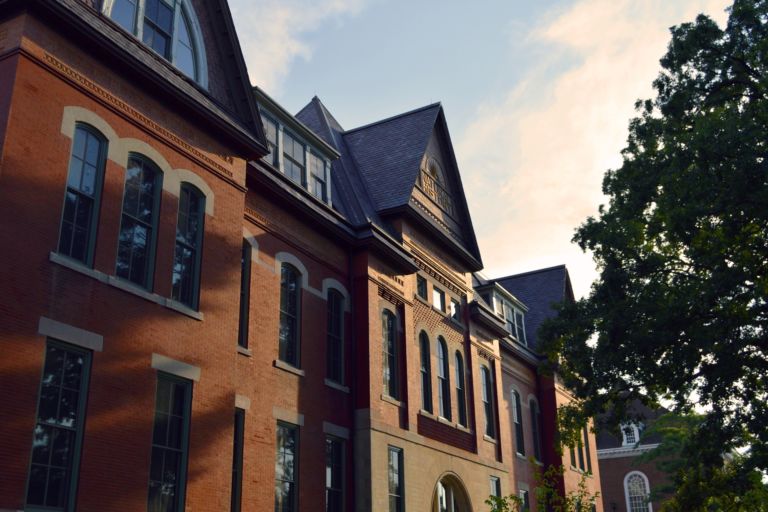Statists keep recycling their feeble arguments in favor of high taxes on successful people, never stopping to think that when the government takes resources away from them, the results don’t make the non-poor better off, but usually make them worse off. The array of things that politicians want to spend money on rarely does anything to make “the average American” better off, and frequently they make us much worse off. Here’s a letter by Don Boudreaux that responds to the redistributionist impulse:
24 October 2014
Dear Mr. Sloan:
I appreciate your correspondence. Thank you for it.
You ask if I agree that, because successful entrepreneurs “such as [Jeff] Bezos … benefit disproportionately” from government-supplied infrastructure, these entrepreneurs should be taxed at rates higher than those levied on “regular people.”
I don’t agree. My reasons are many, not the least of which is that I doubt that successful entrepreneurs benefit disproportionately from government-supplied infrastructure. Looking at the non-farm U.S. economy over the years 1948-2001, the Yale economist William Nordhaus calculates that successful innovators capture only about two percent of the value to society of their innovations. The other 98 percent of the value of these innovations is, as Nordhaus says, “passed on to consumers rather than captured by producers.”*
If this calculation is even only remotely accurate, then three points about taxes suggest themselves: (1) it’s unwise to raise taxes on – that is, to discourage – activities that generate such huge net benefits for society; (2) successful entrepreneurs already, through market competition, contribute to society nearly all (98 percent) of the value of their successful innovations; and (3) those who enjoy disproportionate benefits from whatever entrepreneurial innovations are made possible by government-supplied infrastructure are, thus, arguably the general public rather than the successful entrepreneurs.
It’s true that Jeff Bezos would be less wealthy today if there were no roads, airports, and other infrastructure to enable Amazon to serve consumers. But it’s also true that consumers would be less wealthy today not only if there were no roads, airports, and other infrastructure to enable Amazon to serve consumers, but also if Jeff Bezos had instead chosen to become, say, a poet or a civil servant rather than a entrepreneur. Mr. Bezos had to take positive, risky steps to gain his increased wealth; in contrast, consumers did nothing for their increased wealth other than enjoy it when Mr. Bezos offered it to them.
Sincerely,
Donald J. Boudreaux
Professor of Economics


